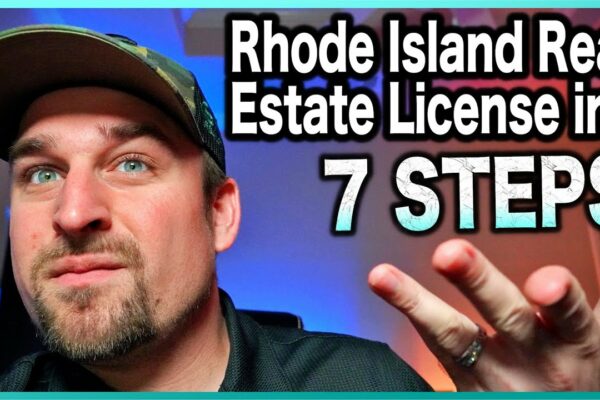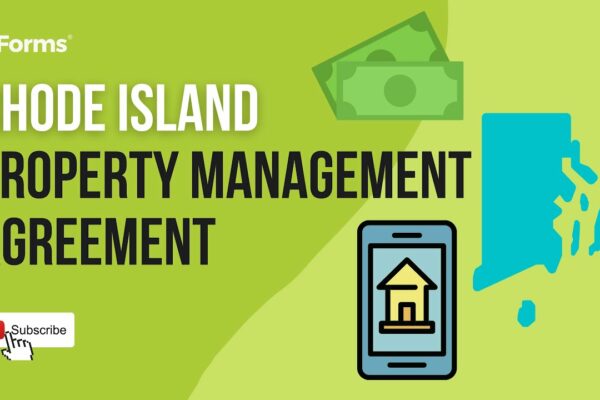
What is the role of Don Smith in real estate investments in Rhode Island?
Don Smith plays a pivotal role in real estate investments in Rhode Island. As a seasoned professional, he offers expert guidance and insights to investors, helping them navigate the local market with ease. With extensive knowledge of the region and its trends, Smith assists in identifying profitable opportunities, negotiating deals, and ensuring optimal returns. His expertise and network make him a trusted figure in Rhode Island’s real estate investment scene, contributing to its growth and success.






